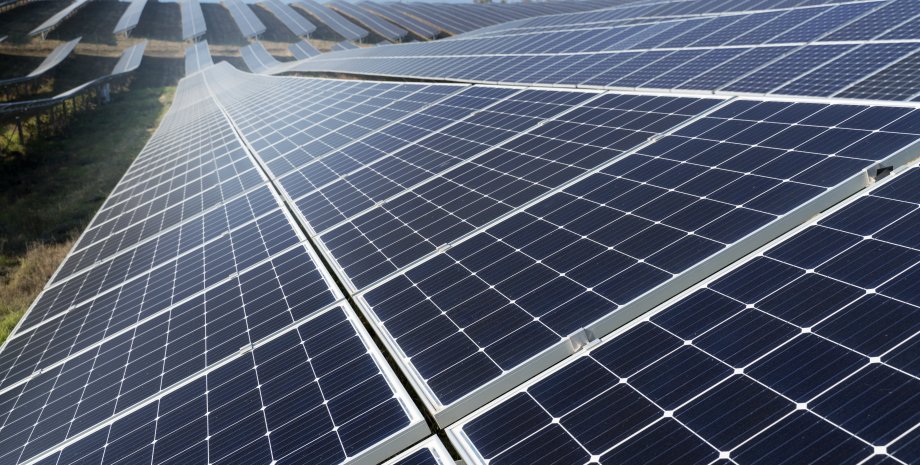
 By Victor Duda
By Victor Duda
This power plant, located in the territory of New South Wales in Australia, has been a place for grazing of a herd from about 1,700 sheep of the Merino breed in recent years. Researchers compared the wool of sheep grazing in the shade of solar panels, with sheep wool, which grazes in ordinary pastures, and found that the combination of grazing of sheep and production of pure energy did not have a negative impact on wool production.
Moreover, the data obtained indicate improving the quality of wool. "These results are very encouraging and emphasizing the potential of solar farms as a supplement to agricultural practices. Integrating sheep breeding with solar energy, we can achieve a double claim from stable energy together with agricultural production," - said the head of the Lightsource BP Agro -Electricity Department.
For his part, farmer Tony Inward said that the effect of grazing sheep under the solar panels was much better than he expected. According to Indera, the tests show that the wool of its sheep, which is grazed on grazing, is about 20% outperforming ordinary products by the growth of wool, weight and diameter of the fiber. The publication also noted that sheep grazing among the solar panels is also useful for the owners of the power plant.
Now Lightsource BP needs to mow the grass at a solar power plant only twice a year. "The promising results of this study show that we are on the right path, and close cooperation with farmers to expand our knowledge in this field is of paramount import . Recall that a new study of the Chinese Institute of World Resources has shown that the installation of solar panels over fishing farms can help increase seafood yields by 50%.










All rights reserved IN-Ukraine.info - 2022